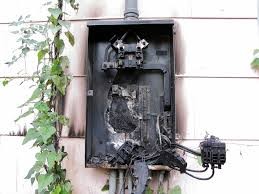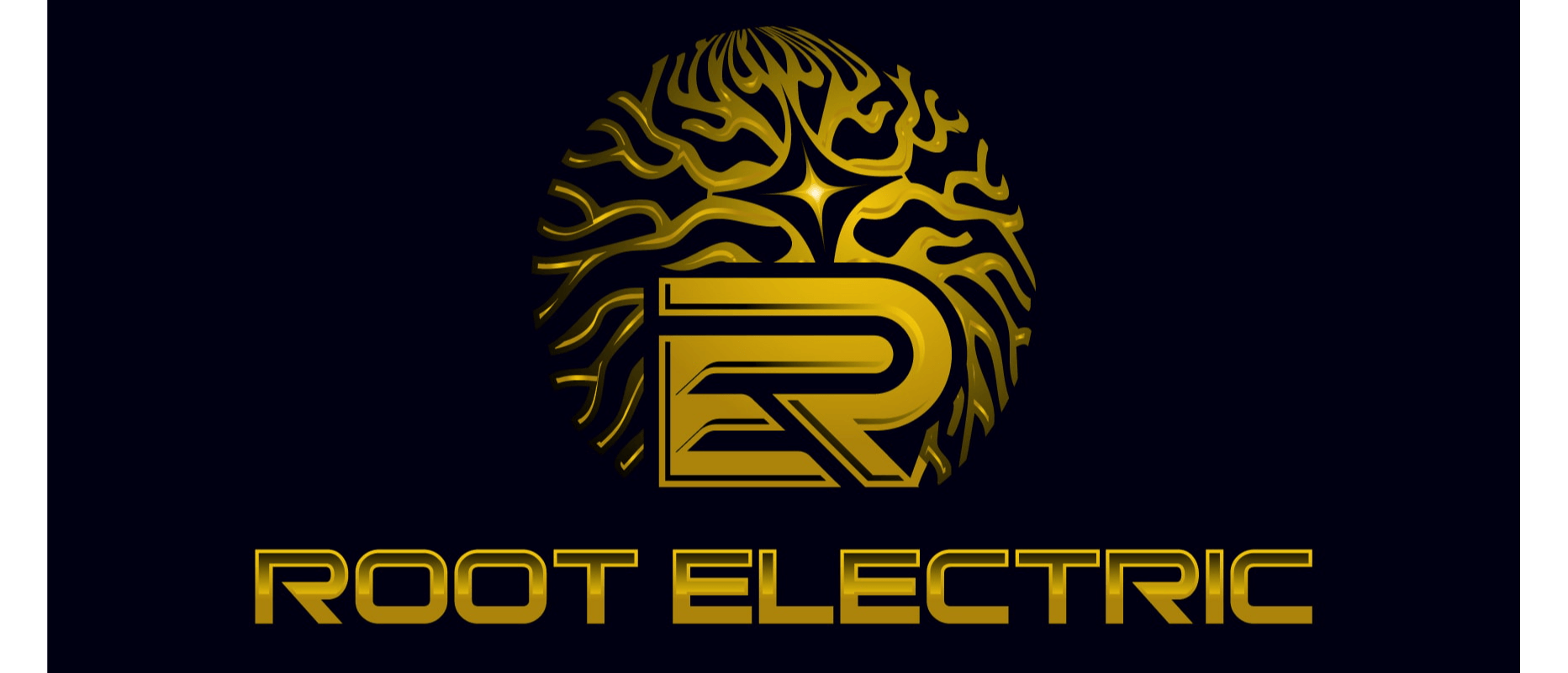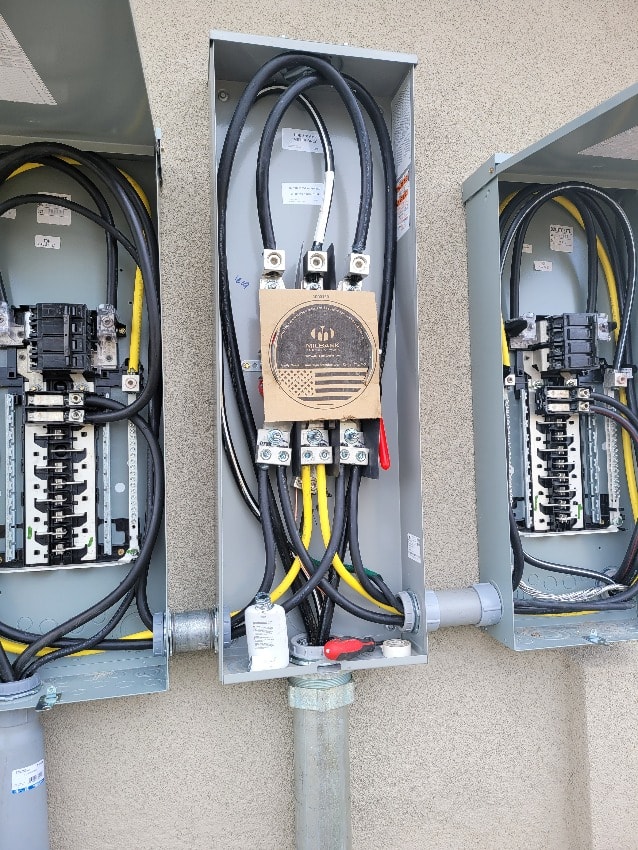Understanding Your Electric Panel: A Comprehensive Guide
Electrical issues can be daunting, especially when they jeopardize the safety and functionality of your home.
Understanding your electric panel isn't just about safety; it's also about maximizing efficiency, avoiding costly repairs, and ensuring peace of mind.
Components of an Electric Panel
An electric panel, often referred to as a breaker box, consists of primary elements including circuit breakers, main disconnect, bus bars, and ground wires. These critical components work in harmony to manage and distribute power throughout your home, ensuring safe and efficient operation of all electrical systems.
Each circuit breaker serves as a protective device that interrupts power flow in case of overloads or short circuits, safeguarding both your appliances and your home wiring.
Main Breaker Functionality
The main breaker is the heart of your electrical panel—it controls the current to your entire home. The main breaker can shut off the electrical supply to your home in one swift action.
In Parker, Colorado, where electrical demands can vary significantly throughout the year, the main breaker ensures the stability and safety of your electrical system. By shutting off power in emergency situations, it protects your home from potential electrical hazards.
It also allows for maintenance work to be carried out safely by completely disconnecting the electrical circuit, ensuring no live wires pose a threat. This is critical in both routine checks and emergency repairs.
Circuit Breakers Explained
Circuit breakers, key components of your electric panel, ensure protection by halting electrical flow during abnormalities, such as overloads or short circuits. They are integral to maintaining the safety and functionality of your home's electrical system.
Think of circuit breakers as automatic switches that safeguard your home. They trip when electrical issues arise. Each breaker is designed to handle a specific load, corresponding to different areas or appliances in your home. For instance, your kitchen may have more dedicated breakers due to higher electrical demand from appliances like refrigerators, microwaves, and ovens.
Understanding your circuit breakers' specifications and functions is crucial for maintaining a safe home environment. Regular inspections can help identify potential issues before they lead to serious electrical problems. In addition, knowing how to reset a tripped breaker safely is beneficial to all homeowners in Parker, Colorado.
Safety Measures
Ensuring the safety of your electric panel is a matter of paramount importance, which requires strict adherence to well-established practices. Firstly, always turn off the main breaker before performing any inspection or maintenance to avoid electric shock. Additionally, ensure that the panel is not overloaded by adhering to the amperage ratings specified by the manufacturer, preventing overheating and potential fire hazards. Moreover, keeping the panel's surroundings clear and easily accessible in case of an emergency is equally crucial. For homeowners in Parker, Colorado, hiring a licensed electrician for any modifications or repairs ensures compliance with local building codes and optimal
operational safety.
Importance of Regular Inspections
Regular inspections are crucial. A thorough review of your electric panel ensures that everything is functioning correctly. This not only helps in pinpointing potential issues before they escalate into major electrical risks but also extends the lifespan of your panel. Furthermore, regular inspections are the key to ensuring that your system remains compliant with Parker, Colorado's stringent safety codes and regulations.
It's quick and cost-effective.
Neglect can lead to costly repairs. By scheduling routine checks, you mitigate the risk of unexpected failures that could disrupt your daily activities. Think of it as preventative maintenance that saves both time and money in the long run.
Lastly, regular inspections empower homeowners with valuable knowledge. Understanding the condition of your electric panel and recognizing early signs of wear and tear allows for timely interventions, significantly enhancing both your home's safety and efficiency. Regular check-ups are definitely an investment in peace of mind.

https://www.electrical-forensics.com/CircuitBreakers/CircuitBreakers.html
Recognizing Warning Signs
Identifying issues early is paramount. Early warning signs can save you from costly repairs. One such indicator is a consistent faint odor near the electric panel, which may suggest overheating wires or a potential fire hazard. Additionally, listen for any unusual sounds emanating from the panel, such as buzzing or crackling, which could denote a serious underlying problem. Pay attention to persistent tripping breakers. This could be an indication that your panel is overloaded or that there is a short circuit. If resetting the breakers becomes a frequent necessity , and they trip right away when switching back on – it's crucial to consult a licensed electrician for in-depth diagnostics.
Any visible signs of scorching or discoloration around the panel or outlets are red flags that should not be ignored. Discoloration can signify severe issues, including electrical arcing.
Lastly, outdated panels may have difficulty handling modern electrical demands. Panels installed before 2023 could struggle with the load, which can lead to frequent malfunctions. Ensuring your panel accommodates current safety standards is essential to maintain the safe operation of your home’s electrical system.
Upgrading Your Electric Panel
Upgrading your electric panel is essential to accommodate modern electrical demands and enhance overall safety. Older panels, especially those installed prior to 2023, may not support the increased load required for contemporary appliances and smart home systems, making an upgrade not only beneficial but necessary to avoid potential overload and fire hazards.
When considering an upgrade, it’s crucial to consult a licensed electrician who can evaluate your current system and recommend the appropriate panel size and type for your home. Upgrades include adding more circuits and enhancing the overall capacity of your system.
When to Consider an Upgrade
Determining the right time to upgrade your electric panel is crucial for maintaining home safety and functionality.
If your home frequently experiences circuit breaker trips, it may be worth evaluating your current panel. Frequent trips indicate an overworked electrical system.
In homes with panels over 20 years old, upgrading is often necessary to meet modern electrical standards. Such panels typically lack the capacity for today's energy demands.
Another factor is renovations or additions to your home that increase electrical load. Increased demand from new rooms or high-energy appliances requires a more robust electrical system. Lastly, if you're transitioning to renewable energy sources, an upgraded panel ensures efficient integration and performance.
Choosing the Right Capacity
Selecting the proper capacity for your electric panel is essential for accommodating your home's electrical demands.
• Assess your current energy usage: Evaluate the total wattage consumed by all appliances and systems.
• Consider future needs: Plan for potential additions, appliances, or increased energy use.
• Consult electrical codes: Ensure the panel capacity meets the latest safety and regulatory standards.
• Hire a licensed electrician: A professional can provide an accurate assessment and recommendation.
Accurate calculation of electrical load helps prevent overloading the system and potential hazards. Planning for future expansion can save you from costly upgrades down the line.
Troubleshooting Common Issues
When your home's electrical system malfunctions, a myriad of troubleshooting techniques can save time and ensure safety. Common issues like tripped circuit breakers, flickering lights, or a sudden loss of power can often be traced back to the electric panel's condition.
To diagnose these issues effectively, start by identifying any "tripped" breakers. This can be done by observing if a breaker switch is in the midway position, indicating it needs resetting. If this does not resolve the problem, inspect the panel for any signs of burnt wires or corrosion, which can further elucidate the underlying issue.
Identifying Circuit Overloads
Identifying circuit overloads is crucial for maintaining the safety and efficiency of your home's electrical system.Sinc e 2016, Parker residents, in particular, have faced increased incidences of circuit overloads. This spike can be attributed to the area's substantial growth and the subsequent rise in household electrical demands. So, it's no small wonder that identifying potential overloads is critical to avoid the inconvenience and danger associated with overloaded circuits. Some telltale signs include frequent breaker trips, dimming lights, and buzzing noises from outlets or switches.
Another method of detecting an overload is by using a clamp meter to measure the amperage of the circuit. If the reading exceeds 80% of the circuit breaker’s rating, it indicates an imminent overload and necessitates immediate action. Paying attention to these signs helps homeowners in Parker safeguard their homes against electrical hazards.
Steps to Reset Breakers
Resetting breakers is a fundamental task when maintaining your home's electrical system in Parker, Colorado. But how do you perform this safely and efficiently?
First, locate your main electrical panel. Typically, this is situated in a garage, basement, or utility room. Ensure you have proper lighting and be cautious around electrical components.
Next, identify the tripped breaker. It will be positioned either in the center or partway between the "on" and "off" positions. It's crucial to reset only the breaker that requires it.
Flip the breaker completely to the "off" position first. Hold for a moment, then firmly switch it back to the "on" position, ensuring it clicks into place. This helps to avoid partial resets.
Repeat these steps if necessary, and if the breaker continues to trip, consult a licensed electrician from Root Electric. This may indicate a deeper issue within your electrical system.


